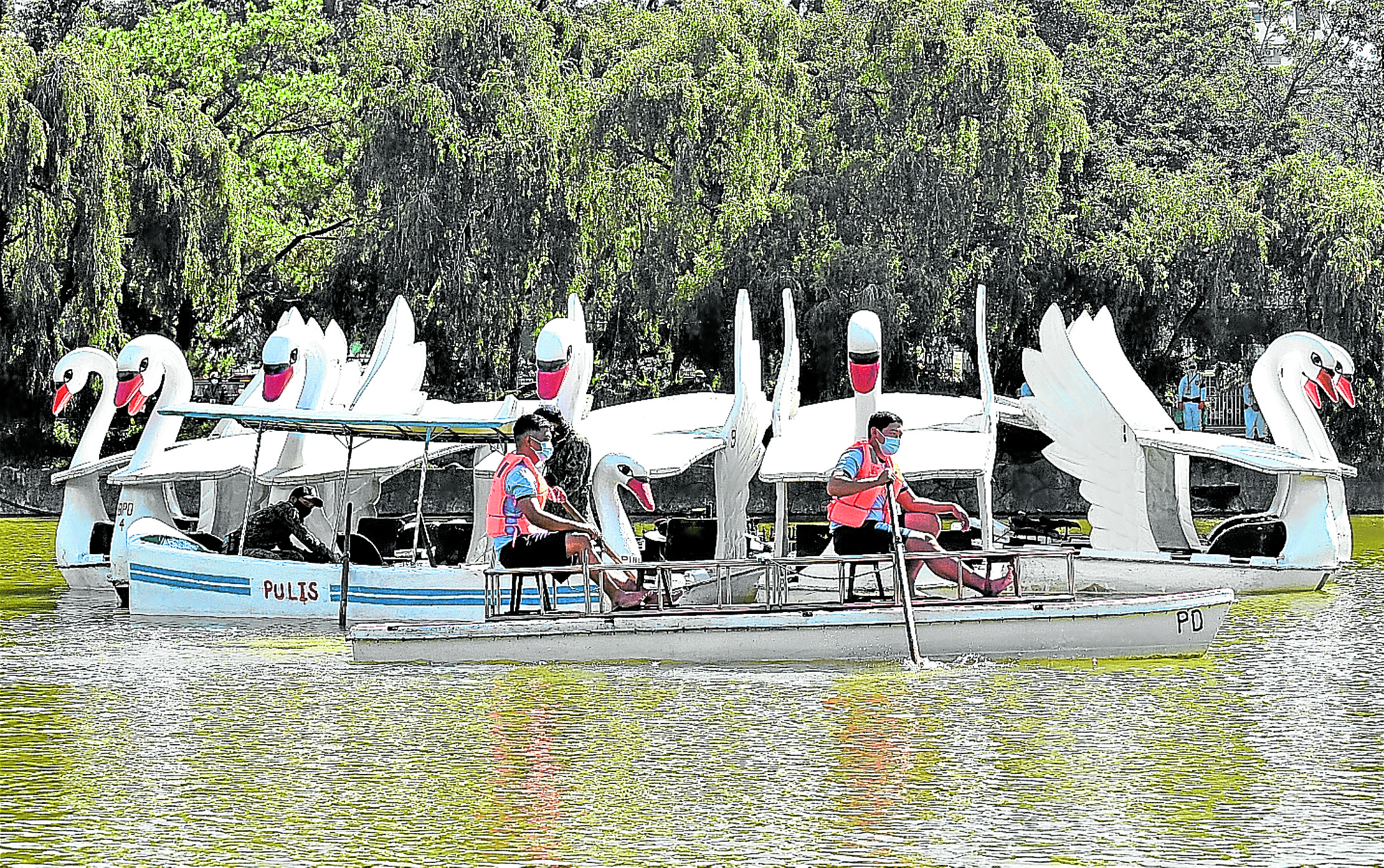Military opposes Baguio haven for rights activists

REFUGE FROM ATTACKS A Baguio ordinance filed last year proposes a “safe space” for human rights defenders facing threats, including “Red-tagging,” whenever they are in the city. INQUIRER FILE PHOTO
BAGUIO CITY, Philippines — The military has formally objected to a draft Baguio ordinance on providing a haven for all “human rights defenders,” including indigenous Filipino activists who suffer from intimidation or violent threats, discrimination and other malicious attacks like “Red-tagging.”
Proposed Ordinance No. 0026-23, which was filed last year, would shield activists from “defamation and stigmatization” and provide them access to “effective remedy and reparation,” among other civil liberty protections, while they are in the summer capital, said Councilor Peter Fianza, an Ibaloy lawyer and one of its authors.
The draft law also takes action against Red-tagging or the linking of groups to the armed communist rebellion, often by state forces.
READ: Pushback against Red-tagging
Addressing the city council at a public consultation on Monday, Army Col. Virgilio Noora, commander of Joint Task Force Baguio and an officer of the Army’s 5th Infantry Battalion, said the military would not back the draft ordinance unless the council removes a provision that blames the government and its employees for all human rights violations.
The draft law defines human rights violations as actions taken by the state or individuals employed by the government, such as “military affiliates, paramilitary, police or military assets, or any agent of the state acting on its behalf.”
It describes human rights defenders as “any person who, individually or in association with others, acts or seeks to act to protect, promote or strive for the … realization of human rights and the fundamental freedoms and welfare of the people through peaceful means.”
Noora said the measure “singled out state agents for committing human rights violations” when there were also cases of civil rights offenses committed by “nonstate actors.”
“We, too, are human rights defenders,” he argued, adding that soldiers were duty-bound “to uphold the sanctity of human rights,” so their rights must also be protected.
‘Too broad’
“We did not lose our rights when we became soldiers,” Noora said, as he noted that the draft law was “too broad” and could be abused by “criminals” pretending to be activists.
Task Force Baguio, which he heads, is a collaborative community-relations movement by the military and police that conducts peace rallies and anticommunist lectures in Baguio schools, but it has been accused of spreading disinformation about local activists, including college students.
Section 39 of the ordinance addresses “derogatory and unfounded labeling” by requiring the Baguio government to remove posters, tarpaulins and other materials that “promote false, unfounded and derogatory labeling of human rights defenders.”
Law enforcers or public officials found guilty of political vilification, Red-tagging and other offenses “shall issue a clarification… .”
Their failure to “rectify or expunge any false, unfounded and derogatory labeling of human rights defenders shall be grounds for the filing of appropriate administrative charges, without prejudice to the right of their victim to file criminal charges,” the measure stated.
The proposed ordinance also penalizes all offenders with fines ranging from P1,000 to P5,000.
Mayor not spared
Mayor Benjamin Magalong opened the consultation by stressing that he was a Red-tagging victim. However, he did not identify his accuser, former National Task Force to End Local Communist Armed Conflict spokesperson Lorraine Badoy, who attacked him in 2022 and 2023 in programs aired over the TV network Sonshine Media Network International.
“My rights were violated through the propagation of lies portraying me as aligned with communist terrorists,” Magalong said, prompting him to become a social activist. “Because of that experience, kailangan pala natin magsalita—kailangan nating mag ingay (I needed to be heard. I needed to make noise),” he added.